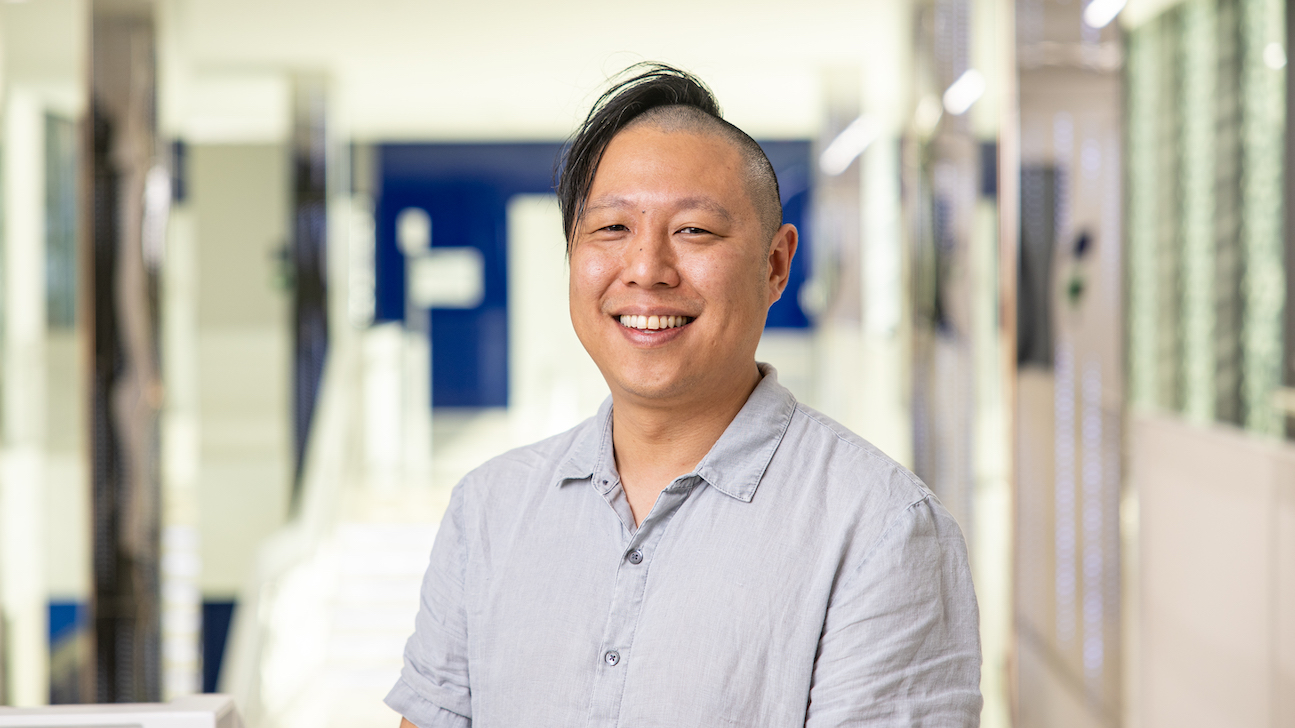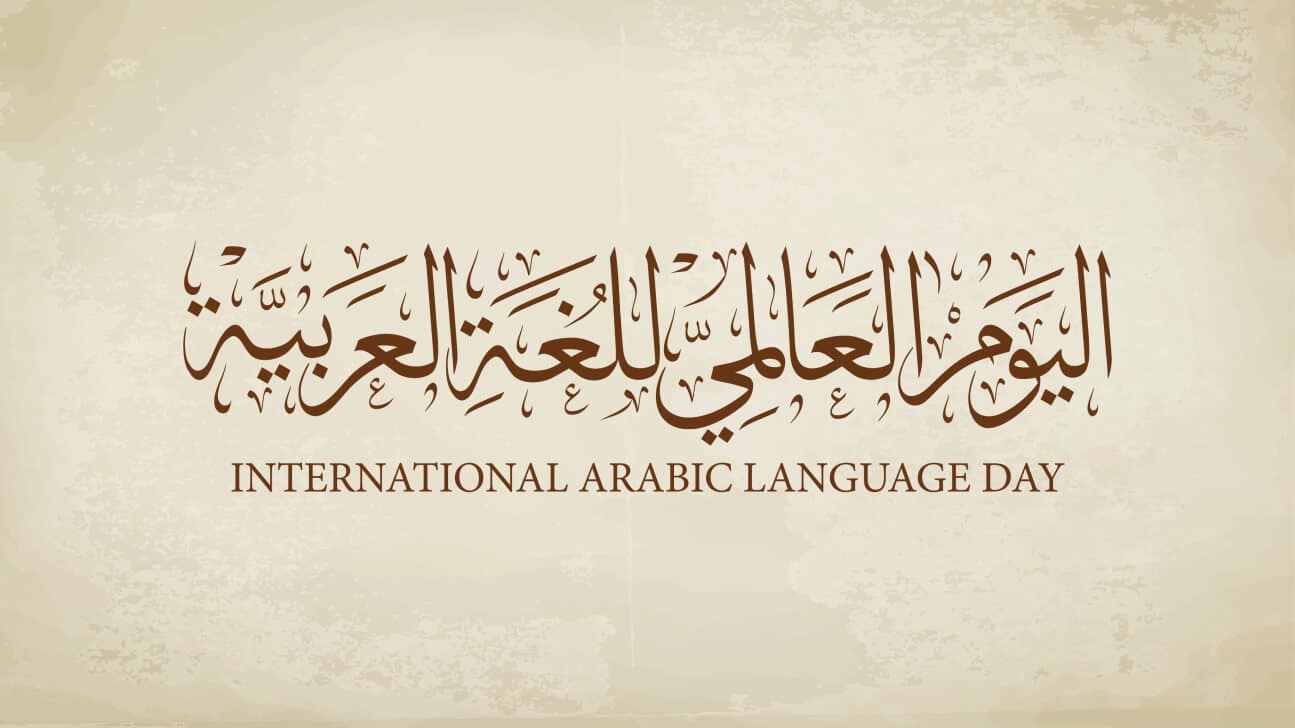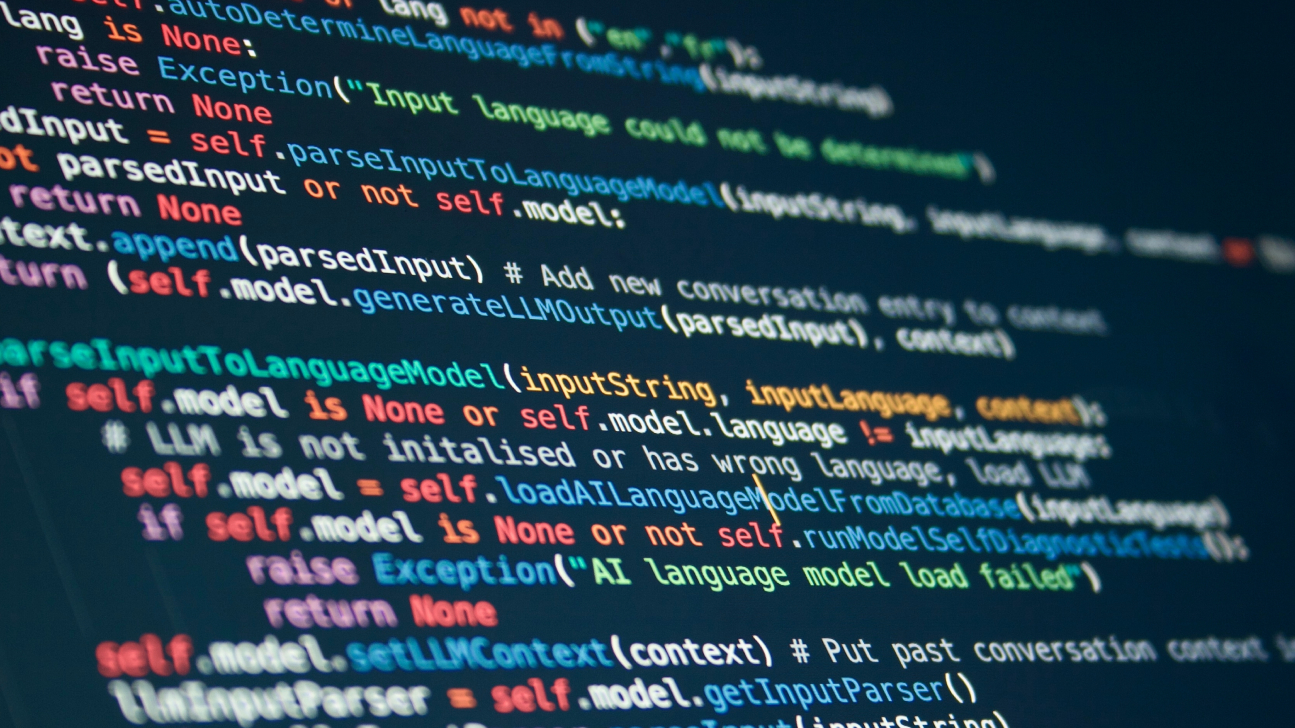Lifelong learning with the metaverse
Tuesday, December 27, 2022

Imagine having access to the most talented teachers, irrespective of where you live or your financial circumstances, or collaborating with colleagues remotely via 3D avatars. Researchers at MBZUAI’s Metaverse Lab are developing next-generation AI algorithms to create photorealistic virtual humans, digitize dynamic environments, and create 2D and spatial content.
But that’s just the start. Hao Li, Associate Professor of Computer Vision, and Director of MBZUAI Metaverse Lab says that, in the future, we will learn about history and other cultures by experiencing certain past events as if we were there.
Li works at the intersection between computer vision, computer graphics, and machine learning, with focus on virtual humans, reality capture, and AI synthesis. His goal is to enable new AI and immersive technologies that can make the concept of the metaverse possible, and enhance our lives with digital experiences that are otherwise not possible in the physical world. He is also developing tools to prevent new forms of cyberthreats such as deepfakes used for disinformation campaigns or harassment.
As well as being a faculty member at MBZUAI, Li is CEO and co-founder of Pinscreen, a startup that builds cutting edge AI-driven virtual avatar technologies. He was previously a Distinguished Fellow of the Computer Vision Group at UC Berkeley and Associate Professor of Computer Science at the University of Southern California, a visiting professor at Weta Digital, a research lead at Industrial Light & Magic / Lucasfilm, and a postdoctoral fellow at Columbia and Princeton universities. He was speaker at the World Economic Forum in Davos in 2020 and exhibited at SXSW in 2022.
- research ,
- computer vision ,
- metaverse ,
- li ,
Related
AI and the Arabic language: Preserving cultural heritage and enabling future discovery
The Arabic language is underrepresented in the digital world, making AI inaccessible for many of its 400.....
- United Nations ,
- Arabic language ,
- jais ,
- llms ,
- large language models ,
- Arabic LLM ,
- language ,
- atlas ,
Solving complex problems with LLMs: A new prompting strategy presented at NeurIPS
Martin Takáč and Zangir Iklassov's 'self-guided exploration' significantly improves LLM performance in solving combinatorial problems.
- machine learning ,
- neurips ,
- llms ,
- problem-solving ,
- prompting ,
- processing ,
Cultural awareness in AI: New visual question answering benchmark shared in oral presentation at NeurIPS
A team from MBZUAI is improving LLMs' performance across languages by helping them find the nuances of.....
- benchmarking ,
- cultural awareness ,
- language ,
- llms ,
- dataset ,
- neurips ,
- nlp ,
- natural language processing ,


